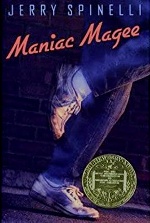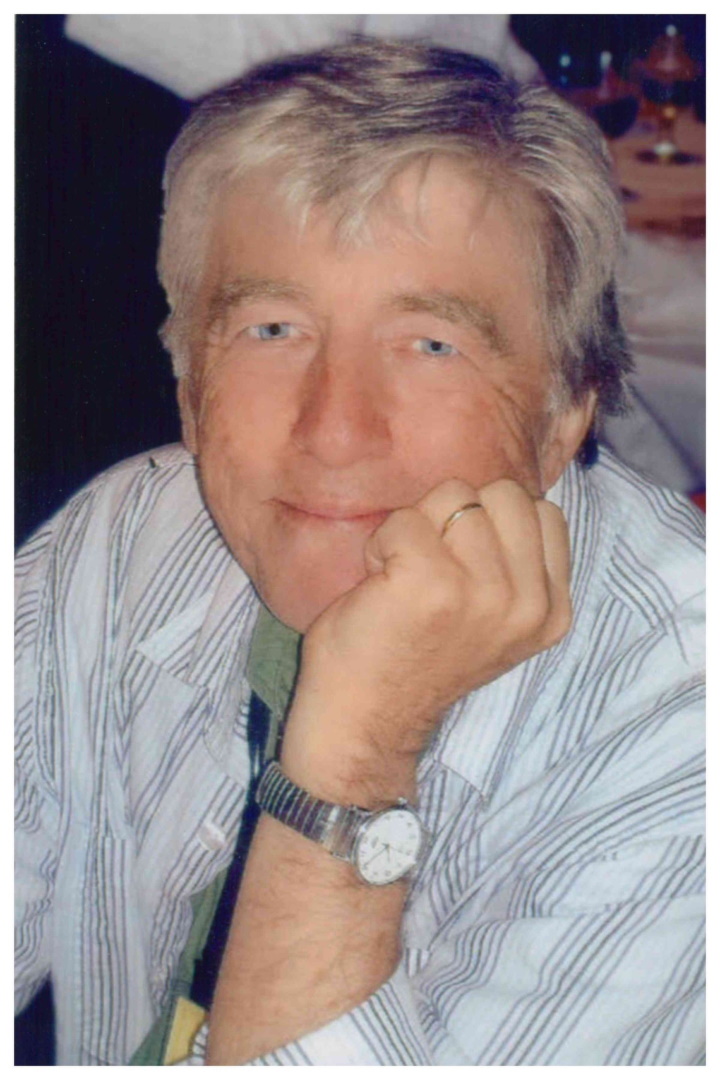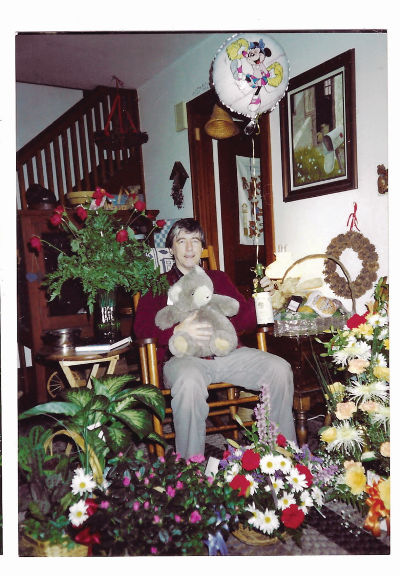After the Call: Anybody Need a Writer?
Readers.
That’s what winning the Newbery Medal meant to me. Readers. Lots of them.
I’ve known a few people who say they write just for themselves. Well, and maybe their mothers, too. Whether it’s a short story or an essay or a poem or a book. They say the writing itself is what they love...
Readers.
That’s what winning the Newbery Medal meant to me. Readers. Lots of them.
I’ve known a few people who say they write just for themselves. Well, and maybe their mothers, too. Whether it’s a short story or an essay or a poem or a book. They say the writing itself is what they love. And finishing. The indescribable satisfaction that comes from having written the last word. The achievement of it.
I totally agree.
But for me, that wasn’t the whole thing. Not when I was sixteen and brashly deciding I would become a writer. Not twenty-four years and four unpublished novels later. If happy were rejection slips, I’d have been the happiest writer in the world.
No, I wanted readers. I craved them, ached for them. They were the soil for my seed, flame for my bellows. I wanted to touch their hearts the way mine had been touched as I read books I loved. That was the achievement, the satisfaction that I wanted.
By 1989, I had five published novels to my name. I finally had readers. A modest number. Enough so that I dared to quit my job. Why? So that I could achieve the rest of my dream: not only to write for readers but to make a living at it. When I was sixteen, I thought that was automatic, part of the deal. Get a book published and they send helicopters for you. When I was sixteen, nobody told me how much hard work that would require. And time. And luck.
One year later, in 1990, I was ready to surrender. Saturday afternoon ice-cream sodas had gone the way of paid medical benefits. Eileen and I still managed to feed the six kids, but it was getting harder, not easier, to make that living. Three phrases summed up the keys to our survival in those days: thrift shops, yard sales, and double coupons. Our living-room sofa cost ten dollars at Goodwill.
I began scanning the back-end of the Philadelphia Inquirer. The want ads. Anybody need a writer?
Then came the phone call. Fifteen minutes after midnight in January 1991. The phone was ringing in the hallway. Uh-oh, I thought. Who’s dead? Good phone calls don’t come at 12:15 a.m.
 I staggered into the hallway. Picked up the phone. Some lady was saying something about a meeting in Chicago and apologizing for the hour but she was just so excited she couldn’t bear to wait till morning to tell me Maniac Magee had won the Newbery Medal. I don’t recall if my response was sensible or merely groggy. I hung up.
I staggered into the hallway. Picked up the phone. Some lady was saying something about a meeting in Chicago and apologizing for the hour but she was just so excited she couldn’t bear to wait till morning to tell me Maniac Magee had won the Newbery Medal. I don’t recall if my response was sensible or merely groggy. I hung up.
One of the boys opened a door, sleep-slurred: “Whuh’s gone on?”
“We just won the Newbery Medal,” I told him.
“Oh,” he mumbled, “thaz nice,” and went back to bed.
I told Eileen. We gave it a try. We tried to be mature and go back to sleep. Fifteen minutes later, we gave up. We were up the rest of the night lurching about the house, muttering, “I can’t believe it.”
At 6:15 a.m. we went to the Vale-Rio Diner. We treated ourselves to bacon with our eggs, because we knew we were about to be able to afford it. By the next day, the living room looked like Hawaii: all the flowers.
And the readers came. And not one did I take for granted, because they had stayed away for so long. And in their numbers I discovered something about them and myself and my books.
I discovered I needed them even more than I’d ever thought. I’d discovered it was they, not I, who completed each book. For, unread, a book is no more than a stack of paper. Only when someone picks it up and reads it does it fully become itself. Only when the last word is read is it finished.
My readers, I discovered, had all along been my co-authors.
From the May/June 2022 special issue of The Horn Book Magazine: The Newbery Centennial.

RELATED
ALREADY A SUBSCRIBER? LOG IN
We are currently offering this content for free. Sign up now to activate your personal profile, where you can save articles for future viewing.









Add Comment :-
Be the first reader to comment.
Comment Policy:
Comment should not be empty !!!